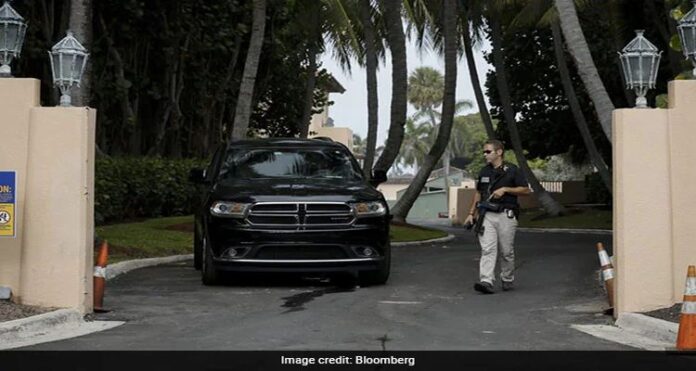| Translate This News In |
|---|
Former President Donald Trump stated that he was in favor of disclosing the search warrant and a receipt for the things that investigators removed from the property when the FBI searched his Mar-a-Lago residence earlier this week.
Following a Justice Department request in a Florida court to unseal the records, Trump made the statement late on Thursday on his social media platform, Truth Social.
Trump said in the article, “Not only will I not oppose the release of papers pertaining to the un-American, unjustified, and unnecessary raid and break-in of my residence in Palm Beach, Florida, Mar-a-Lago, but I am going one step further by ENCOURAGING the quick release of those materials.
According to people familiar with the situation, federal agents searched Donald Trump’s Florida home as part of an investigation into whether the former president was improperly retaining presidential records that were supposed to go to the National Archives once he left office, including possibly classified materials.
The FBI was reportedly seeking records relating to nuclear weapons on Thursday, according to a story from the Washington Post. It wasn’t immediately apparent if those documents—which the agents seized—were regarding US weapons or weapons that belonged to another nation.
Material relating to nuclear weapons and technology is very sensitive, and handling classified information improperly is punishable by a variety of federal felonies. Jay Bratt, the chief of the Justice Department’s espionage and export control division, allegedly visited Mar-a-Lago earlier this summer to examine the documents in Trump’s possession and signed the government’s application to have the warrant sealed removed.
The search was conducted on Monday, so Trump had the option of releasing the search warrant on his own. By doing so, he avoided a public clash between the previous president’s team of lawyers and Attorney General Merrick Garland.
Garland on Thursday took the rare step of revealing that he’d “endorsed” the search, which Trump had initially revealed after it had started. The Justice Department has a long-standing policy against speaking publicly about ongoing investigations.
Officials from the DOJ explained that they no longer thought the traditional justifications for keeping this details under seal—to prevent interference with the search and maintain the secrecy of an ongoing investigation—applied when they sought to make the search warrant documents available to the public. The DOJ attorneys pointed out that the search had already taken place in the past and that Trump and his allies had made the search’s details public.
The Justice Department stated in the brief that “the public’s strong and overwhelming interest in understanding what transpired under these circumstances weighs decisively in favour of unsealing.”


















